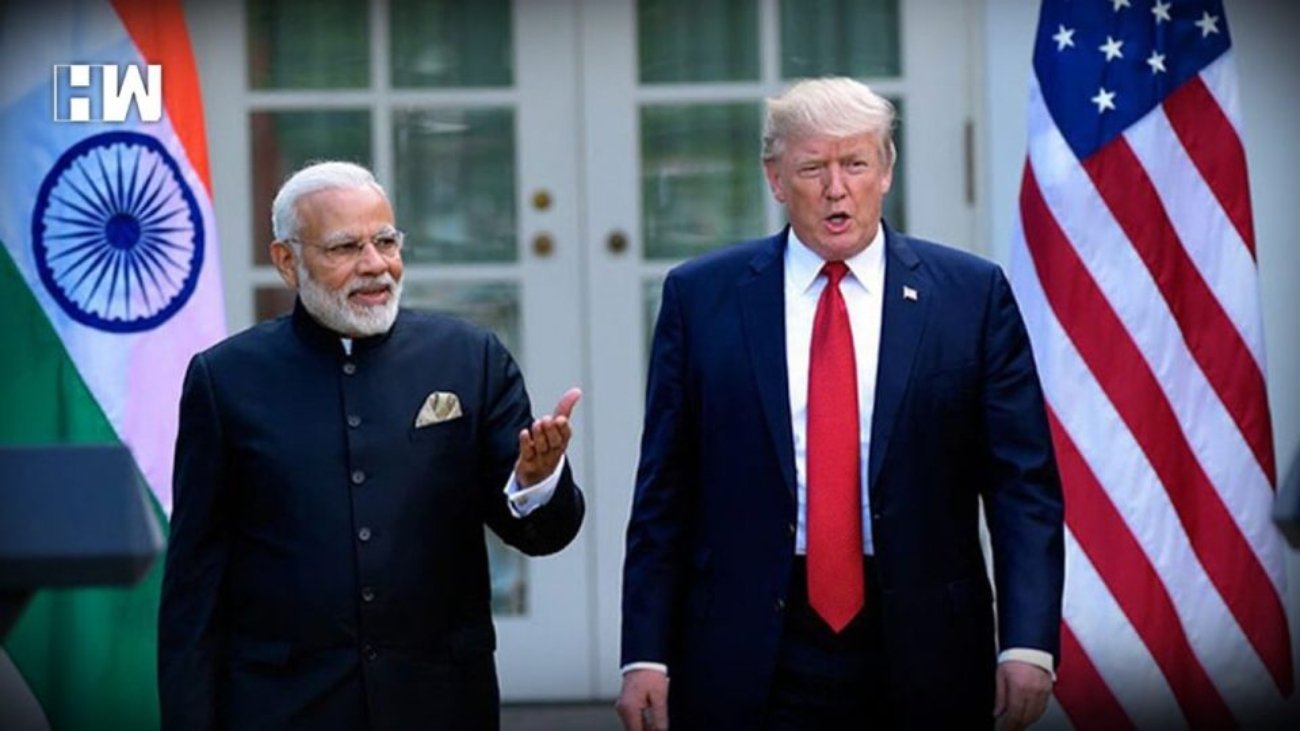The recent terror attack in Pahalgam has once again raised critical questions about Pakistan’s role in fostering regional instability. Yet, one key player remains conspicuously passive—the United States. As strategic ties between Washington and Islamabad continue under the guise of counterterrorism cooperation and regional diplomacy, many in South Asia are beginning to question the sincerity of U.S. policy. Is America’s inaction eroding its credibility?
Historical Ties vs. Present Reality
For decades, Pakistan has been a key non-NATO ally to the U.S., largely due to its geographical proximity to Afghanistan. Billions in aid have flowed to Islamabad, ostensibly for anti-terror efforts. Yet, the presence of terror safe havens in Pakistan, from Osama bin Laden’s compound to current-day militant infrastructure, continues to contradict that narrative.
South Asian Perception of Double Standards
Many South Asian nations, particularly India, view U.S. policy as riddled with double standards. When terror strikes the West, the response is swift and uncompromising. But when attacks occur in South Asia—such as in Pahalgam, Pulwama, or Mumbai—the international community often limits its response to condemnation. This inconsistency is damaging U.S. moral authority in the region.
Strategic Costs for the U.S.
By not pressuring Pakistan meaningfully, the U.S. risks:
Alienating key democratic allies like India.
Undermining its Indo-Pacific strategy aimed at containing China.
Appearing complicit or indifferent to terrorism that doesn’t directly target the West.
The China Factor
As U.S. credibility wanes, China is stepping in to fill the vacuum. Through investments and strategic diplomacy (including with Pakistan via CPEC), Beijing is gaining influence in South Asia. America’s inability to balance realism with principles may be giving authoritarian regimes more space to expand.
The Road Ahead
To rebuild credibility, the U.S. must:
Demand accountability from Pakistan with measurable consequences for non-compliance.
Strengthen strategic and intelligence partnerships with India and other democracies in the region.
Reframe its foreign policy to treat terrorism as a universal threat, not a selective one.
Conclusion
South Asia is watching—and judging. If the U.S. wants to maintain its leadership role in the region, it can no longer afford to ignore the duplicity of allies like Pakistan. Credibility, once lost, is hard to regain.

Leave A Comment